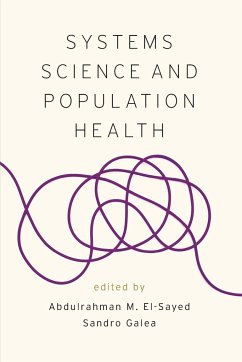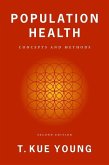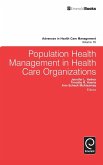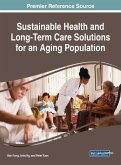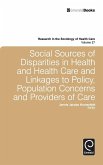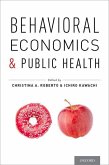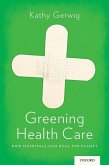Population health is complex and multileveled, encompassing dynamic interactions between cells, societies, and everything in between. Our typical approach to studying population health, however, remains oriented around a reductionist approach to conceptualizing, empirically analyzing, and intervening to improve population health. The trouble is that interventions founded on simplifying a complex world often do not work, sometimes yielding failure or, even worse, harm. The difficult truth is that "silver bullet" health science often fails, and understanding these failures can help us improve our approach to health science, and, ultimately, population health. SYSTEMS SCIENCE AND POPULATION HEALTH employs principles from across a range of sciences to refine the way we understand population health. By augmenting traditional analytic approaches with new tools like machine learning, microsimulation, and social network analysis, population health can be studied as a dynamic and complex system. This allows us to understand population health as a complex whole, offering new insights and perspectives that stand to improve the health of the public. This text offers the first educational and practical guide to this forward-thinking approach. Comprising 17 chapters from the vanguard of population health, epidemiology, computer science, and medicine, this book offers a three-part introduction to the subject: - An intellectual and conceptual history of systems science as it intersects with population health - Concise, introductory overviews of important and emerging methodological tools in systems science, including systems dynamics, agent-based modeling, microsimulation, social network analysis, and machine-learning-all with relevant examples drawn from population health literature - An exploration of future implications for systems science and its applications to our understanding of population health issues For researchers, students, and practitioners, SYSTEMS SCIENCE AND POPULATION HEALTH redefines many of the foundational elements of how we understand population health. It should not be missed.
Hinweis: Dieser Artikel kann nur an eine deutsche Lieferadresse ausgeliefert werden.
Hinweis: Dieser Artikel kann nur an eine deutsche Lieferadresse ausgeliefert werden.

